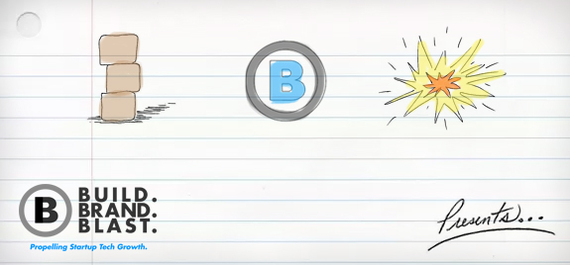It's almost always a bad idea to try and launch with more than you need.
When you come up with an idea for a business--and I'm talking moment of conception here--it's usually very simple. You see X need and develop Y solution for it. Then, you go nuts thinking about all the improvements, expansions, and alternative product lines you could develop for it. Eventually, you're left with a full-fledged business, but your core idea gets buried.
I've seen many startups develop apps, services, or products in a fervor, constantly adding bells and whistles, and launching way later than they could have. In their eyes, this is because they want to go to market with the best possible lineup--but realistically, it's better to launch with a Minimum Viable Product, the smallest possible construction that can get your business off the ground.
Overhead
Every day you spend on developing your app costs money. Taking another month to add all the new features you want could cost you tens of thousands of dollars; ask yourself, are those features really necessary? Plus, when you launch, all those new systems and services will cost more overhead to maintain. Remember, simpler offers mean fewer overhead costs.
Revenue
Similarly, every day your product spends on the market is another day you can be making revenue, which your company needs to survive. If you delay that revenue stream by a month, you'll be spending more and earning less. In fact, delaying your revenue stream at all could compromise your potential long-term gains.
Adaptability
No matter how much you love it on paper, your idea isn't perfect. Starting with a minimum viable product gives you room to grow and change in whatever direction your customers need you to. Starting with a bulky, fleshed-out product offers much less flexibility, and may pigeonhole you in a niche you don't want to be in.
If you're launching a product or service in a startup, it's in your best interest to keep it as minimalistic as possible. The more time you spend developing it, the more money you'll lose and the less wiggle room you'll get down the road. Remember, your focus is on becoming profitable and stable--and you can only do that if you start small and scale your way up.
Bio:
Jose Vasquez is a serial entrepreneur and tech enthusiast dedicated to helping startup technology companies get the direction and momentum they need to succeed. As the founder of Build. Brand. Blast., Jose has established a collective resource for tech entrepreneurs to consult when brainstorming, creating, launching, or expanding a new business. Jose is also the founder and CEO of Quez Media Marketing, a marketing firm that combines technology and creativity to help new and growing companies get the results they need.

